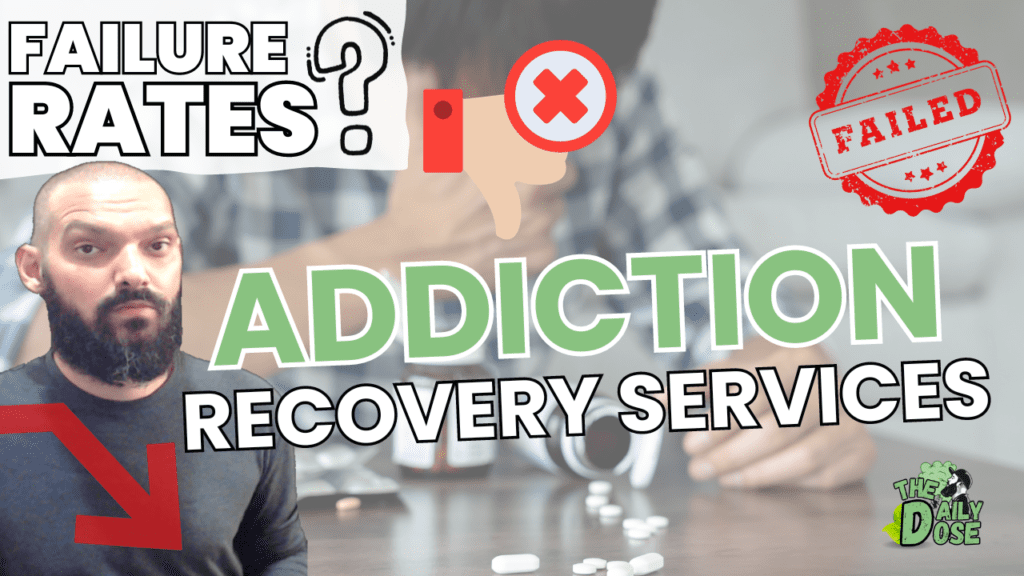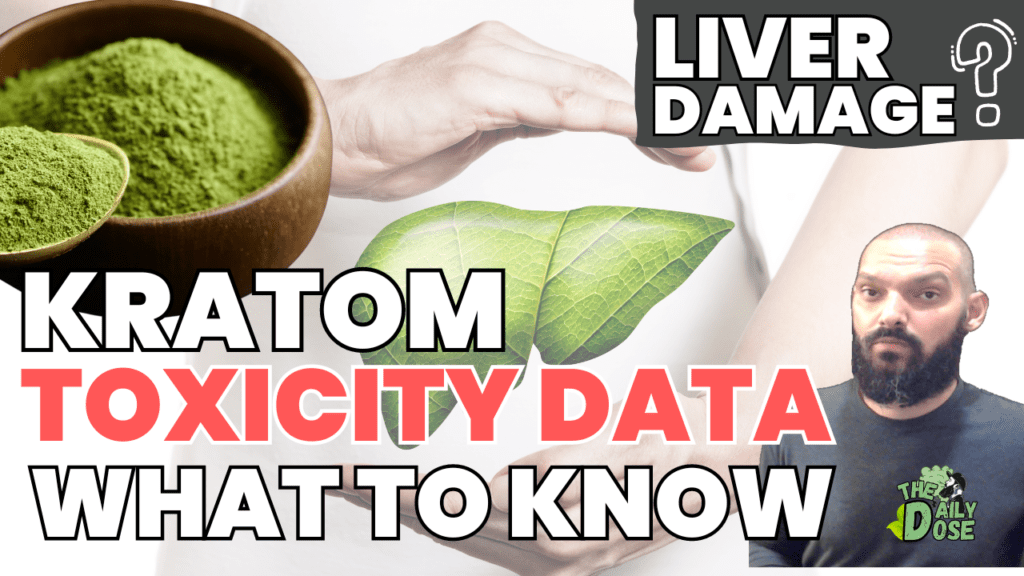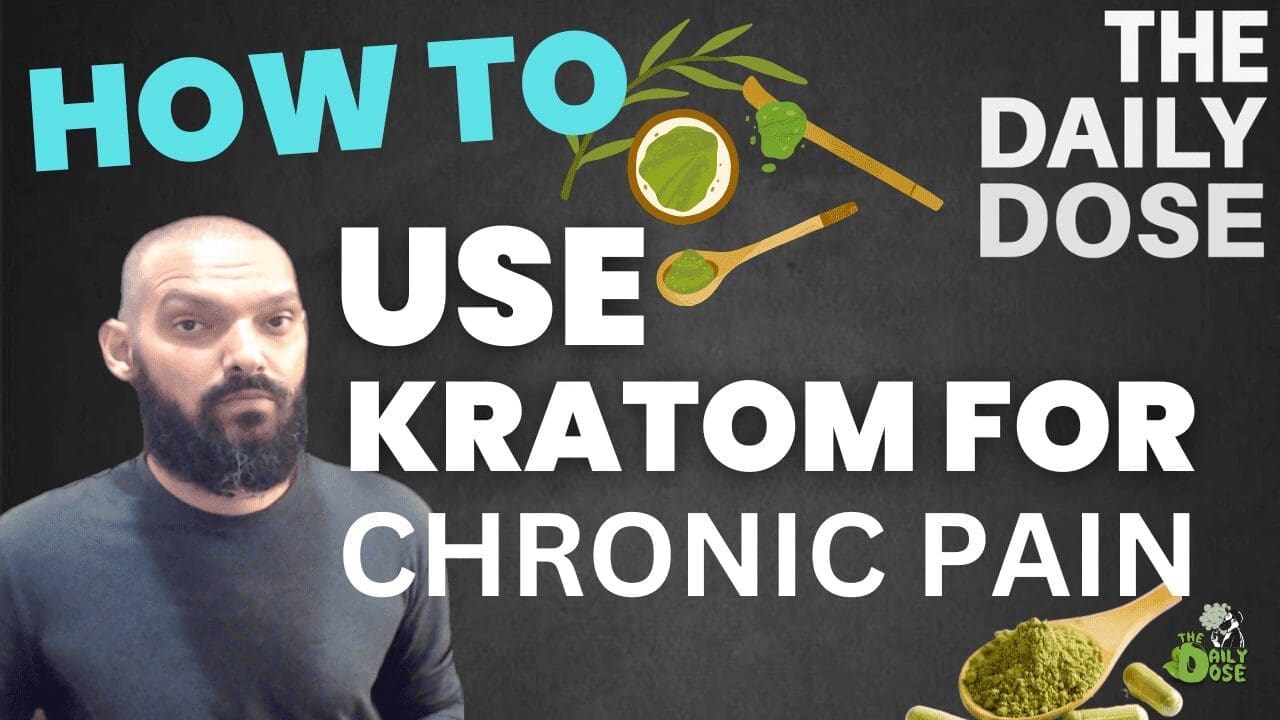To listen to the full episode click here: The Daily Dose Podcast Audio
Addiction Treatment Pit Falls: Fail Rate Explained
In My Own Words: The Addiction
In today’s podcast I want to talk about the systems in place by society to help aid the recovery of addicts. I personally have dealt with this in my life and with the work I do I’ve been blessed to do have also spoken with thousands of people going through the same thing.
Quick note last year 2021, 106,000 people died from an overdose relating to heroin, opioids and fentanyl.
Every year people struggle with a habit that torments them from inside out as they willingly use or abuse any substance again and again and again. From the top down there have been many examples of how this system we have in place today hurt and discriminate against those who it aims to help.
The Info
There many people who experience such discrimination among them non violent drug offenders who by court order must seek addiction recovery services. It’s often within those programs much of the issues arise for these individuals, it’s difficult enough to stick to the plan and remain sober but to add to it the restrictive nature of the programs and how a person engages with it put a strain on the possibility of success.
After all everybody gets high, on something. When reviewing possible triggers it was evident that these added pressures in the system itself can lead someone back to the substance they are attempting to rid themselves of because stress in itself is a trigger.
I do admit there several aspects in these programs that make sense, there should be serious effort on the part of an individual. However there things we can do better and things we shouldn’t be doing at all.
For example we could stop putting people on drugs such as methadone to ease the burden of withdrawal, on the other hand we could council these individuals better and try to improve their state of mind.
Thanks for watching or listening to The Daily Dose Podcast where I try to have meaningful discussions around topics that are vital to a better culture and society

Introduction To The System
The world of addiction treatment is riddled with challenges, and the high failure rates paint a stark picture of the uphill battle individuals face in their quest for recovery. In this comprehensive exploration, we delve into the pitfalls that often undermine addiction treatment efforts and examine the statistics that highlight the uphill climb toward lasting recovery.
The Current Landscape of Addiction Treatment
Traditional Approaches
Historically, addiction treatment has been dominated by conventional methods, including 12-step programs and abstinence-focused models. While these approaches have helped many, the lack of scientific validation and individualization poses significant limitations.
Emergence of Evidence-Based Treatments
The evolution of addiction science has given rise to evidence-based treatments, rooted in rigorous research and clinical studies. These treatments offer a more nuanced understanding of addiction and provide targeted interventions based on empirical evidence.
The Role of Personalized Therapy
Recognizing the diversity of individuals and the complexity of addiction, personalized therapy has emerged as a promising avenue. Tailoring treatment plans to individual needs and circumstances holds the potential to address the unique challenges each person faces in their journey to recovery.

Understanding Addiction: A Multifaceted Challenge
Addiction is a complex phenomenon influenced by a myriad of factors, spanning biological, psychological, and societal dimensions.
Biological Factors
Genetic predispositions, neurochemical imbalances, and the impact of substance use on the brain contribute to the physiological aspects of addiction. Understanding these factors is crucial for developing effective treatment strategies.
Psychological Contributors
Underlying mental health issues, trauma, and coping mechanisms play a pivotal role in the development and perpetuation of addiction. A holistic approach must consider these psychological factors for comprehensive treatment.
Societal Influences
The environment in which an individual lives, societal norms, and the stigma associated with addiction shape the social dimension of this challenge. Addressing these influences is integral to fostering a supportive and understanding community.
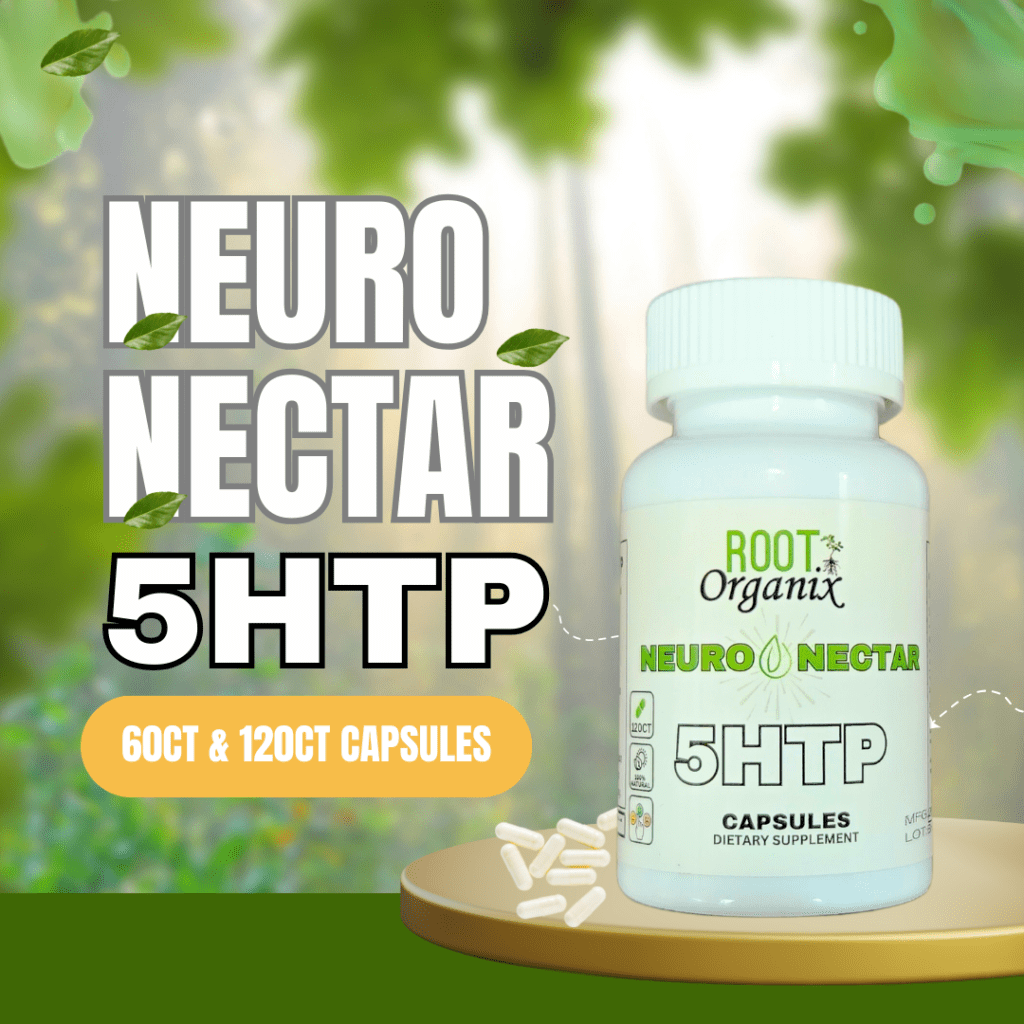
Pitfalls in Addiction Treatment
Despite advancements in the field, several pitfalls continue to hamper the effectiveness of addiction treatment programs.
Lack of Comprehensive Assessment
One common pitfall is the failure to conduct thorough assessments that consider the individual’s biological, psychological, and social circumstances. Inadequate evaluation can lead to overlooking critical aspects of the addiction, resulting in suboptimal treatment plans.
Cookie-Cutter Treatment Plans
The one-size-fits-all approach to treatment often fails to accommodate the diverse needs of individuals struggling with addiction. Tailoring treatment plans to the unique circumstances of each person is essential for success.
Insufficient Integration of Mental Health Care
The intricate connection between mental health and addiction is frequently overlooked. Failing to address underlying mental health issues can compromise the effectiveness of addiction treatment.
Stigma and its Impact on Treatment
Societal stigma surrounding addiction creates significant barriers to treatment. Individuals may be hesitant to seek help due to fear of judgment, hindering the initiation of recovery efforts.
Limited Emphasis on Aftercare and Relapse Prevention
Completing a treatment program does not guarantee sustained recovery. Insufficient emphasis on aftercare and relapse prevention strategies can contribute to high rates of relapse post-treatment.

High Failure Rates: Unveiling the Statistics
The journey to recovery is fraught with challenges, and statistics reveal a sobering reality.
Relapse Rates Post-Treatment
Studies consistently show high relapse rates among individuals who have completed addiction treatment programs. Understanding the factors contributing to relapse is essential for refining treatment approaches.
Factors Contributing to Relapse
While relapse is a multifaceted phenomenon, common contributors include unaddressed mental health issues, lack of ongoing support, and exposure to triggering environments. Identifying and mitigating these factors is critical for improving treatment outcomes.
The Role of Co-occurring Disorders
Individuals with co-occurring mental health disorders face unique challenges in addiction recovery. Integrated treatment that addresses both substance use and mental health issues is crucial for their success.

Pros and Cons of Traditional Approaches
Pros: Familiarity and Accessibility
Traditional approaches, such as 12-step programs, are widely known and accessible. They provide a sense of community and structure, which can be beneficial for some individuals.
Cons: One-Size-Fits-All Model, Lack of Individualization
The inherent drawback of traditional approaches lies in their standardized nature. A one-size-fits-all model may not adequately address the diverse needs of individuals, leading to suboptimal outcomes for many.

The Rise of Evidence-Based Treatments
Pros: Scientific Validation, Personalized Interventions
Evidence-based treatments, backed by scientific research, offer a more validated and nuanced understanding of addiction. These treatments allow for personalized interventions, increasing the likelihood of success.
Cons: Implementation Challenges, Limited Accessibility
While evidence-based treatments hold promise, challenges in implementation, including training requirements and resource demands, can limit their widespread adoption. This poses a barrier to accessibility for many individuals seeking treatment.

The Importance of Personalized Therapy
Pros: Tailored Treatment Plans, Increased Engagement
Personalized therapy recognizes the uniqueness of each individual’s journey through addiction. Tailoring treatment plans to specific needs enhances engagement and encourages a more profound commitment to recovery.
Cons: Resource-Intensive, Challenges in Scalability
The resource-intensive nature of personalized therapy, including the need for skilled professionals and tailored resources, can present challenges in scalability. This raises concerns about its broader application in diverse settings.

Addressing Biological, Psychological, and Societal Factors
Pros: Holistic Approach, Increased Treatment Effectiveness
A comprehensive approach that addresses biological, psychological, and societal factors provides a holistic treatment model. This has the potential to enhance the overall effectiveness of addiction treatment.
Cons: Complexity, Resource Demands
Implementing a holistic approach requires a multifaceted understanding of addiction and a commitment of resources. The complexity of addressing various factors can pose challenges in resource allocation and program implementation.
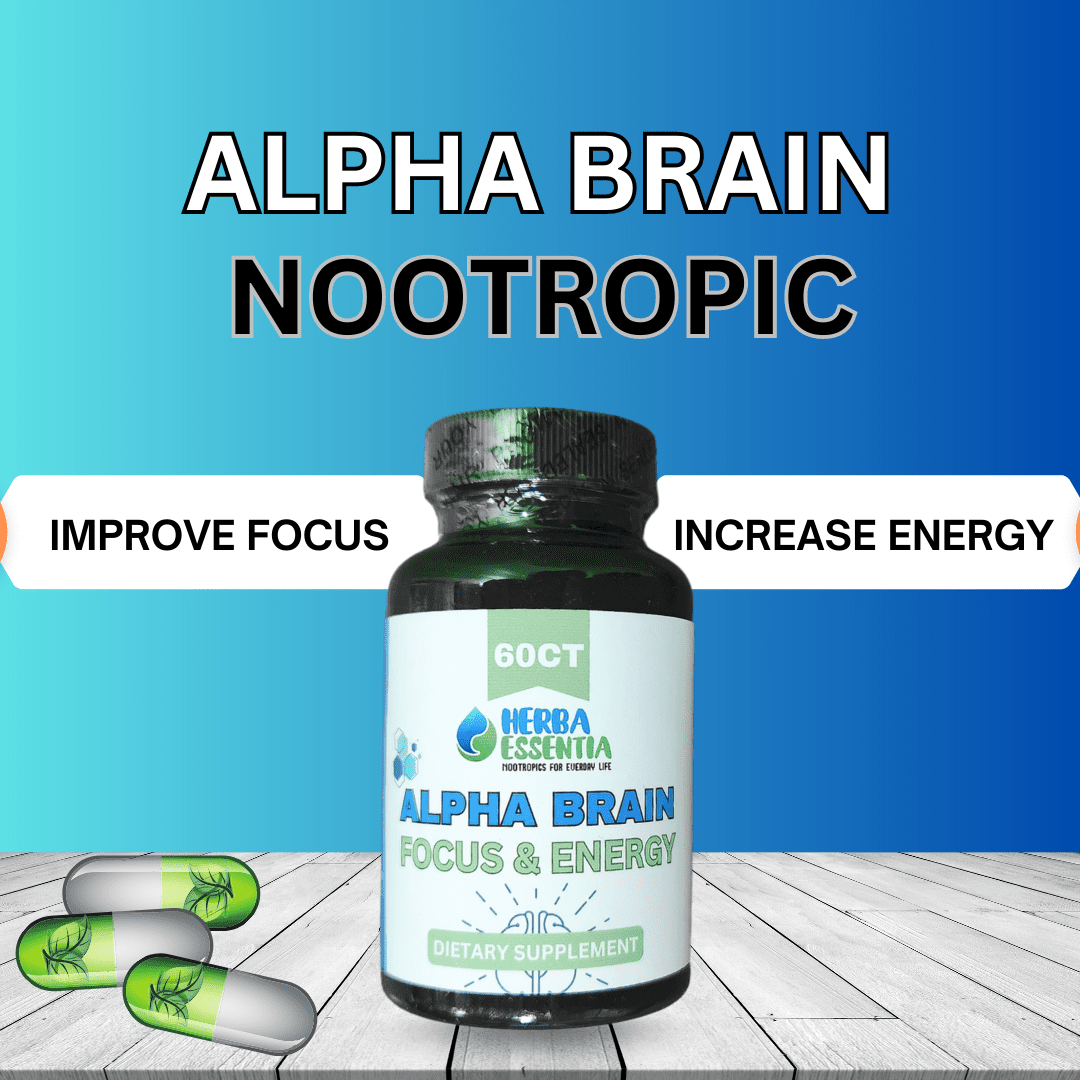
Navigating the Lack of Comprehensive Assessment
Pros: Efficiency, Quick Initiation of Treatment
Streamlined assessments can expedite the initiation of treatment, ensuring that individuals receive prompt care. This can be particularly crucial in addressing acute cases of addiction.
Cons: Overlooking Underlying Issues, Potential Misdiagnosis
However, a focus on efficiency may inadvertently lead to overlooking underlying issues or result in misdiagnosis, compromising the effectiveness of treatment plans.

Breaking Free from Cookie-Cutter Treatment Plans
Pros: Standardized Protocols for Certain Conditions
Standardized protocols can be effective for certain conditions and addiction patterns. They provide clear guidelines for treatment, streamlining the process.
Cons: Ignoring Individual Needs, Potential Resistance
Nevertheless, reliance on standardized protocols may ignore the unique needs of individuals, potentially leading to resistance or disengagement from the treatment process.
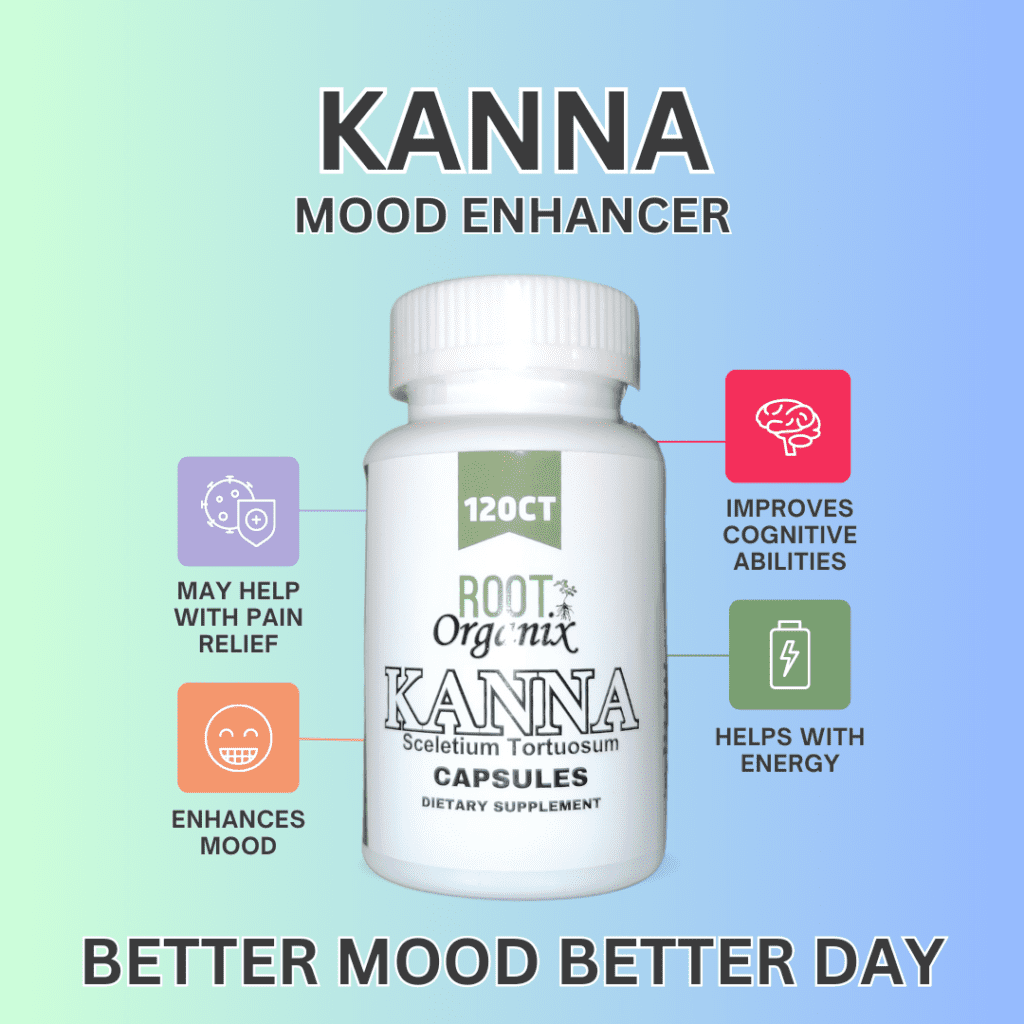
Integrating Mental Health Care: The Missing Link
Pros: Holistic Treatment, Improved Outcomes
Recognizing the symbiotic relationship between mental health and addiction allows for a more holistic treatment approach. Integrated care can lead to improved outcomes by addressing both facets simultaneously.
Cons: Limited Mental Health Resources, Systemic Challenges
However, challenges in the availability of mental health resources and systemic issues may hinder the seamless integration of mental health care into addiction treatment programs.

Confronting Stigma: A Barrier to Successful Treatment
Pros: Raising Awareness, Reducing Societal Biases
Efforts to confront and reduce societal stigma surrounding addiction contribute to creating a more supportive environment for individuals seeking treatment.
Cons: Deep-Rooted Societal Attitudes, Slow Cultural Shifts
The deeply ingrained attitudes and beliefs surrounding addiction present a significant challenge. Overcoming these deeply rooted biases requires sustained efforts and cultural shifts.

Emphasizing Aftercare and Relapse Prevention
Pros: Sustained Recovery, Reduced Relapse Rates
A robust aftercare plan and relapse prevention strategies are essential components of a successful treatment program. Emphasizing these aspects increases the likelihood of sustained recovery and reduces relapse rates.
Cons: Limited Aftercare Resources, Lack of Post-Treatment Support
However, the availability of aftercare resources and ongoing support post-treatment remains a challenge. Limited resources may hinder individuals in maintaining their recovery journey.

Conclusion: Crafting a Roadmap for Lasting Recovery
In concluding our exploration of addiction treatment pitfalls and high failure rates, it is evident that a paradigm shift is needed. Traditional approaches, while providing familiarity, often fall short in addressing the individual needs of those battling addiction. Evidence-based treatments offer validation and personalization but face challenges in implementation and accessibility.
A more promising path forward lies in embracing personalized therapy that considers the biological, psychological, and societal dimensions of addiction. This holistic approach, though complex, has the potential to yield more effective and lasting outcomes. Efforts to confront stigma, integrate mental health care, and prioritize aftercare are integral components of a comprehensive strategy for successful addiction treatment.
In crafting a roadmap for lasting recovery, it is crucial to recognize the unique journey each individual undertakes. By combining the strengths of evidence-based practices with the flexibility of personalized therapy, we can move closer to a future where addiction treatment is truly tailored to the diverse needs of those seeking recovery. Advocacy for increased research, funding, and a cultural shift towards understanding and support is paramount in paving the way for a more successful and compassionate approach to addiction treatment.
FAQs
Are drug rehabs effective in treating addiction?
How long does drug rehab typically last?
Can family involvement make a difference in recovery?
Related Articles:
- More Studies And Further Discussion Continue to Show The Benefits Of Kratom
- Kratom Strains Guide For New Users Explained
- Addiction And Relapse With Kimberley Berlin
- CBD for Addiction Recovery: Healing Now
- Addiction Research: Rethinking Old Studies
Meet The Author


